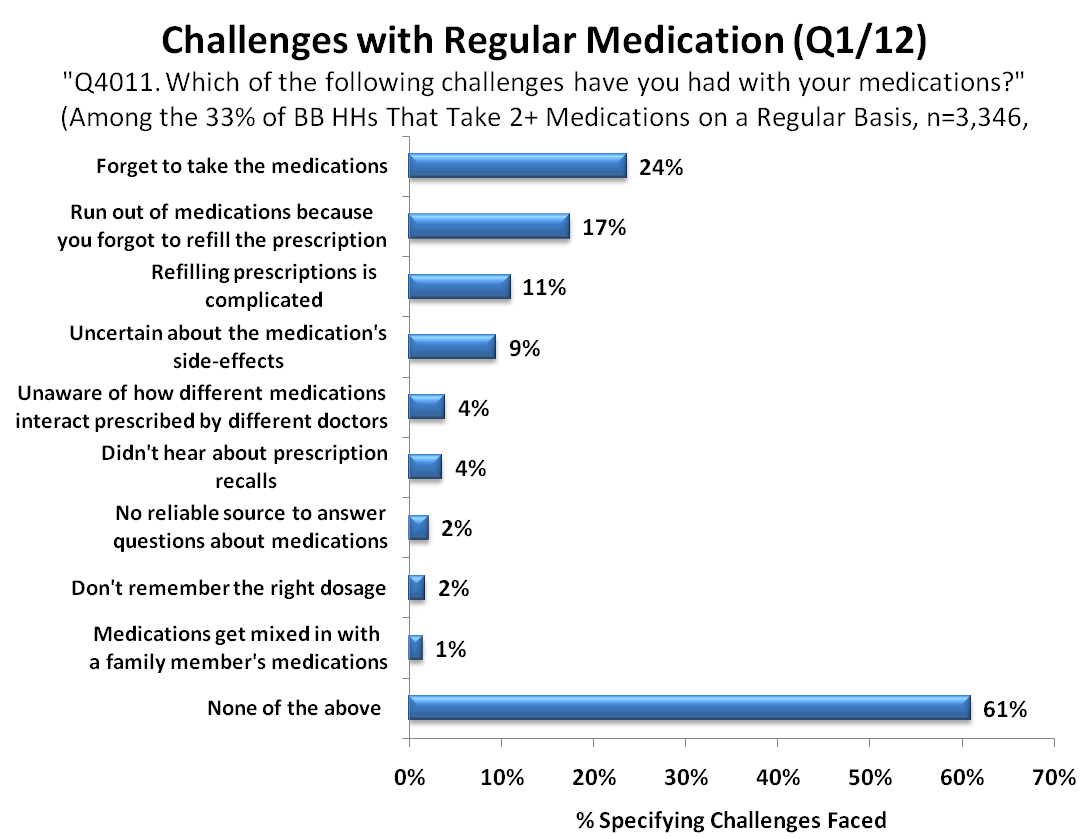Health technology is not just for the old
When you think of consumer electronics devices for at-home health-care, what’s the first thing that comes to mind? Let me guess, “I’ve fallen and I can’t get up!” Yes, LifeCall (the company behind the ad) forever carved a place in marketing history by turning life-saving technology into the butt of countless jokes. In the process they not only undermined their own business success but also cast doubt on an entire industry. (Shouldn’t there be some kind of award for this on par with the Razzies?)
Let’s start with the stereotypes fostered by LifeCall. Health-related, consumer electronics devices are:
- For the old;
- Decidedly not cool;
- Probably not reliable in an emergency;
- A sure-fire way to provoke ridicule from family and friends.
Now contrast these stereotypes against the rest of the CE industry where devices are:
- For the young
- Decidedly cool
- Not always reliable but really convenient most of the time
- A sure-fire way to provoke envy from family and friends.
Which set of stereotypes are more accurate for health technology? Has the industry “fallen and it can’t get up” (pardon the phrase) or is it possible for health technology to be as cool as an iPad? Recent research from Parks Associates indicates that health-technology behaves more like “technology” than “health.”
 As part of its Digital Health research service, Parks Associates has just issued a Market Focus report on health-related, consumer electronics devices: Multiple Medication Management & Smart Pill Boxes. The study surveyed over 3,000 people that take multiple medications and gauged their interest in consumer electronics devices that could help them manage their medicines. One of findings is that, young people (gasp!) are actually more open to using these devices than the elderly. One reason is that younger adults are simply more comfortable with technology. At the same time, older adults are better at managing their medicines and less likely to experience common challenges associates with it (see right). The study also found that those caring for older family members are more interest in such devices. This raises intriguing possibilities of selling health devices indirectly by way of younger, more tech-savvy, consumers.
As part of its Digital Health research service, Parks Associates has just issued a Market Focus report on health-related, consumer electronics devices: Multiple Medication Management & Smart Pill Boxes. The study surveyed over 3,000 people that take multiple medications and gauged their interest in consumer electronics devices that could help them manage their medicines. One of findings is that, young people (gasp!) are actually more open to using these devices than the elderly. One reason is that younger adults are simply more comfortable with technology. At the same time, older adults are better at managing their medicines and less likely to experience common challenges associates with it (see right). The study also found that those caring for older family members are more interest in such devices. This raises intriguing possibilities of selling health devices indirectly by way of younger, more tech-savvy, consumers.
The market is ripe for a successful, health-care device that will sweep away the images fostered by “I’ve fallen and I can’t get up” and prove health-care can be cool, convenient, and for the image conscious. Such a success will alter the way we think of consumer health devices and wake the industry up to the true potential that is at hand.
Next: Parks Associates Digital Health Analyst To Present New Research at mHealth World Congress
Previous: Health-Related CE Devices to Improve Well-Being
Comments
-
Be the first to leave a comment.
Post a Comment
Have a comment? Login or create an account to start a discussion.


